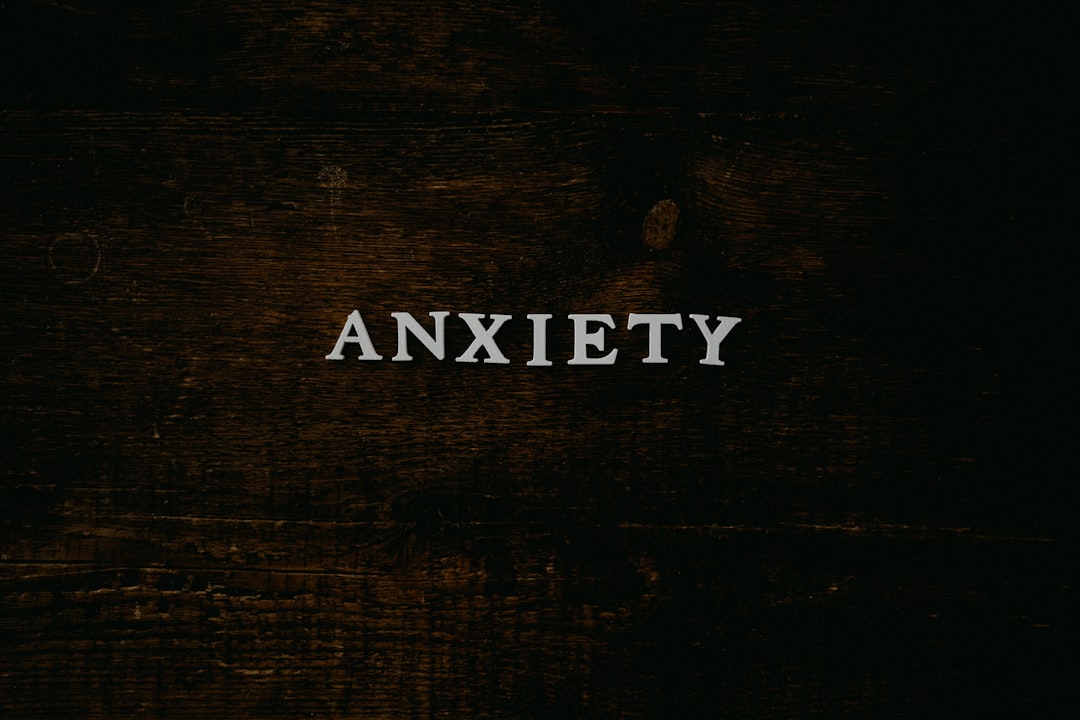What is it about?
Reporting a 2013 Eurobarometer survey of participation in the informal economy across eight Baltic countries, this paper explains the informal economy from an institutional perspective as arising out of the asymmetry between the codified laws and regulations of the formal institutions (state morality) and the norms, values and beliefs of citizens (civic morality).
Featured Image
Why is it important?
Identifying that this non-alignment of civic morality with the formal rules is more acute when there is greater poverty and inequality, less effective redistribution and lower levels of state intervention in the labour market and welfare, the implications for theorising and tackling the informal economy are then explored.
Perspectives
This paper explores the breach of the social contract in the Baltic region as the cause of the informal economy
Professor Colin C Williams
University of Sheffield
Read the Original
This page is a summary of: Explaining The Prevalence Of The Informal Economy In The Baltics: An Institutional Asymmetry Perspective1, European Spatial Research and Policy, January 2015, De Gruyter,
DOI: 10.1515/esrp-2015-0029.
You can read the full text:
Contributors
The following have contributed to this page










